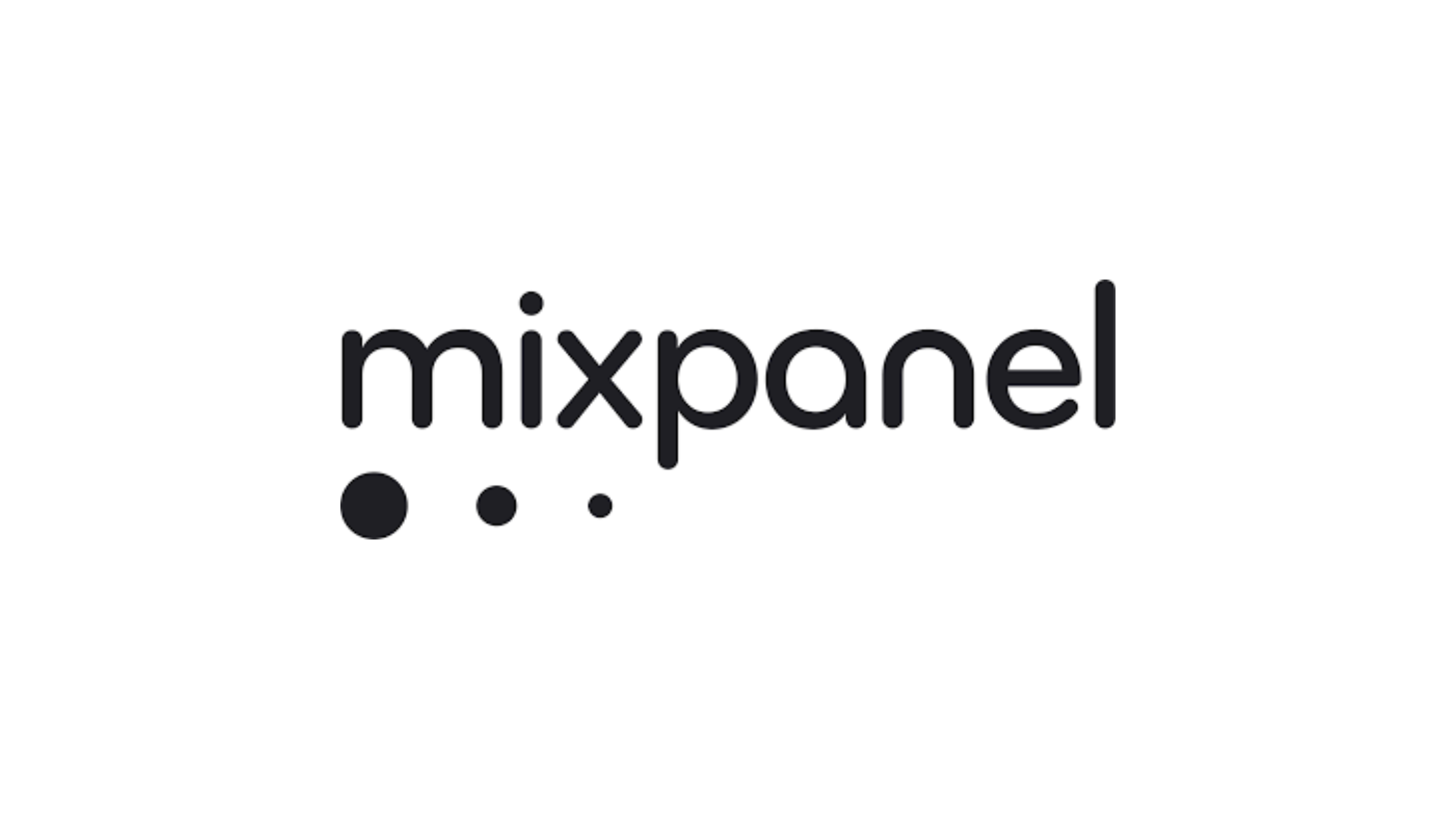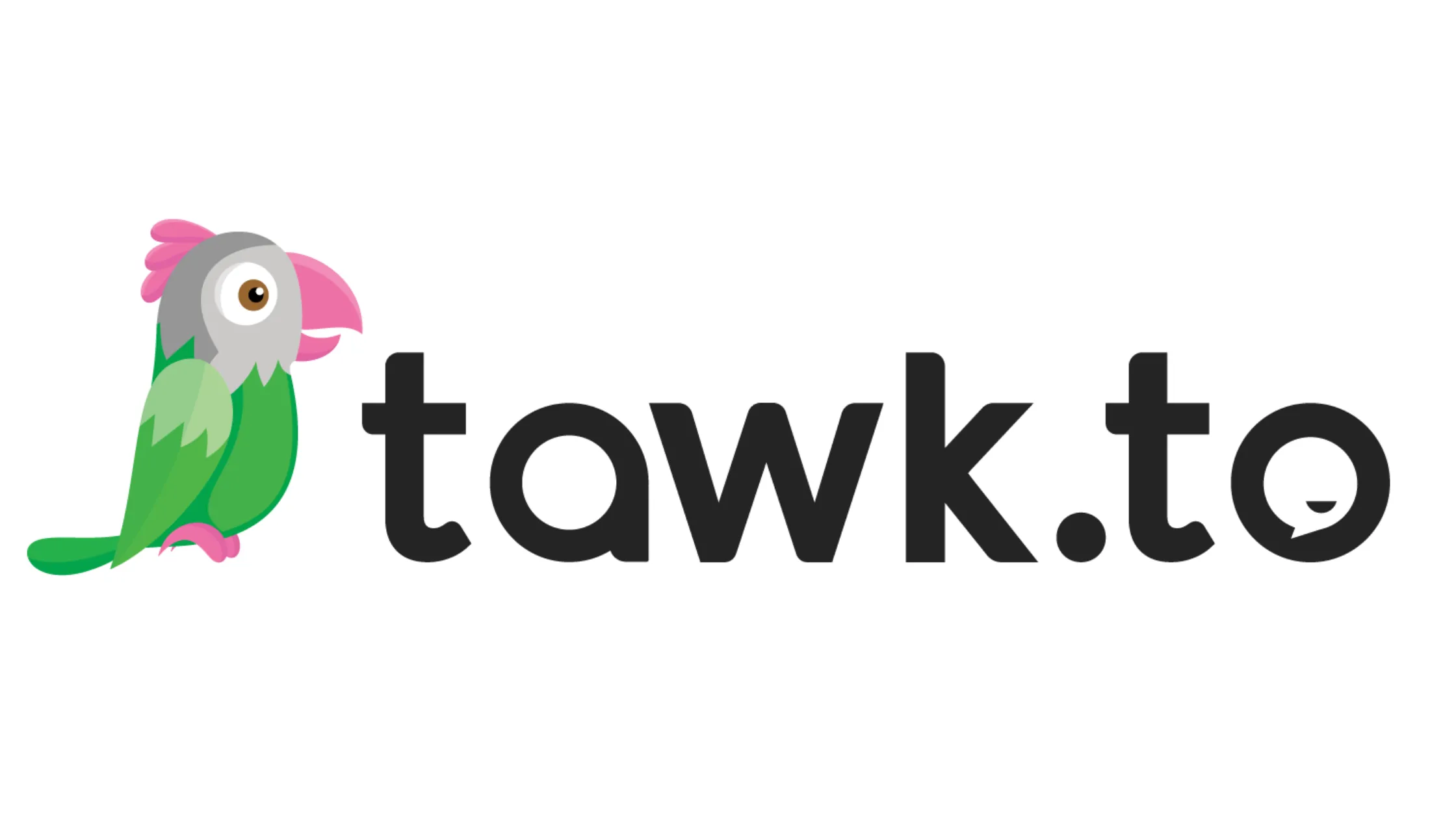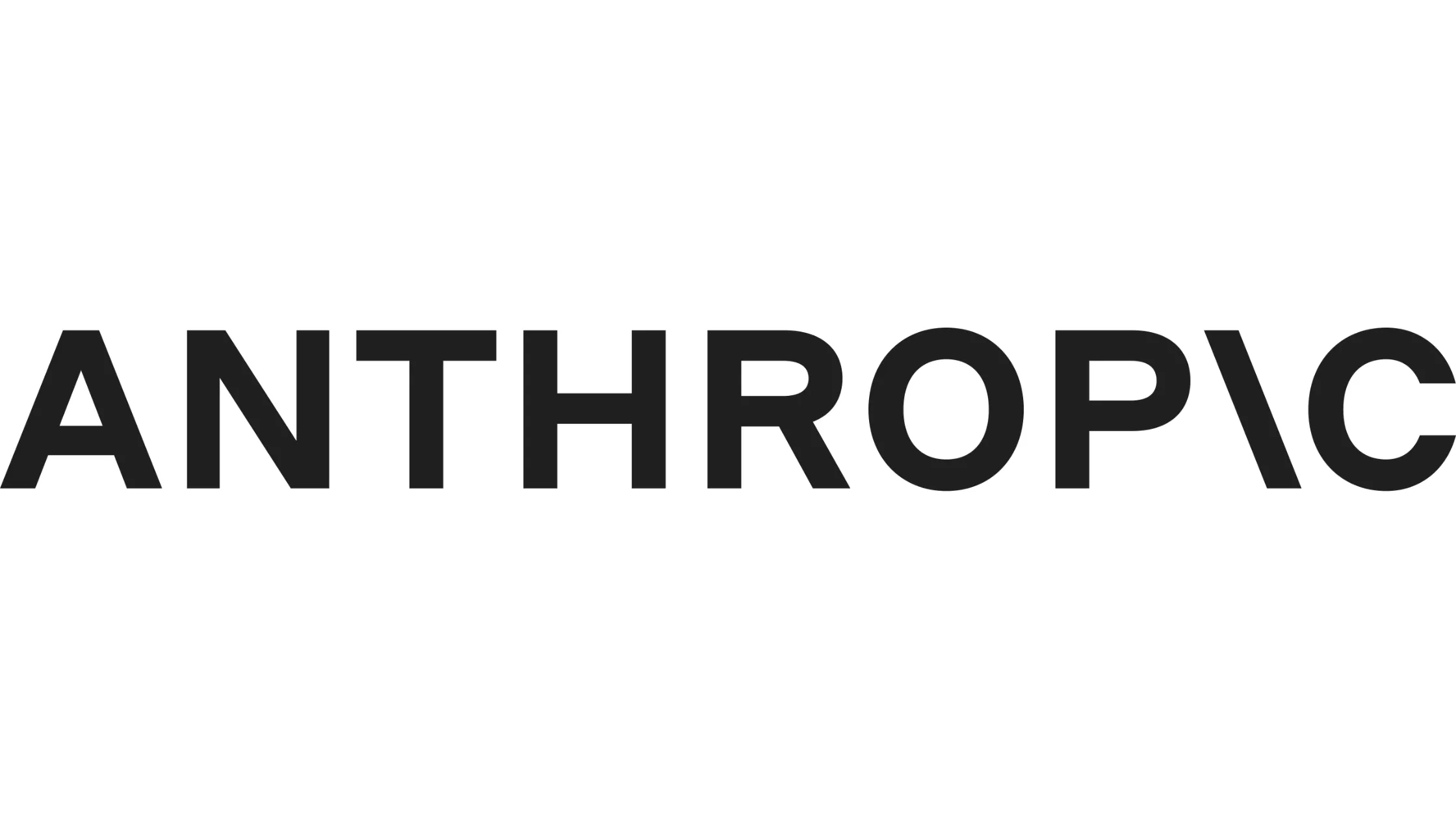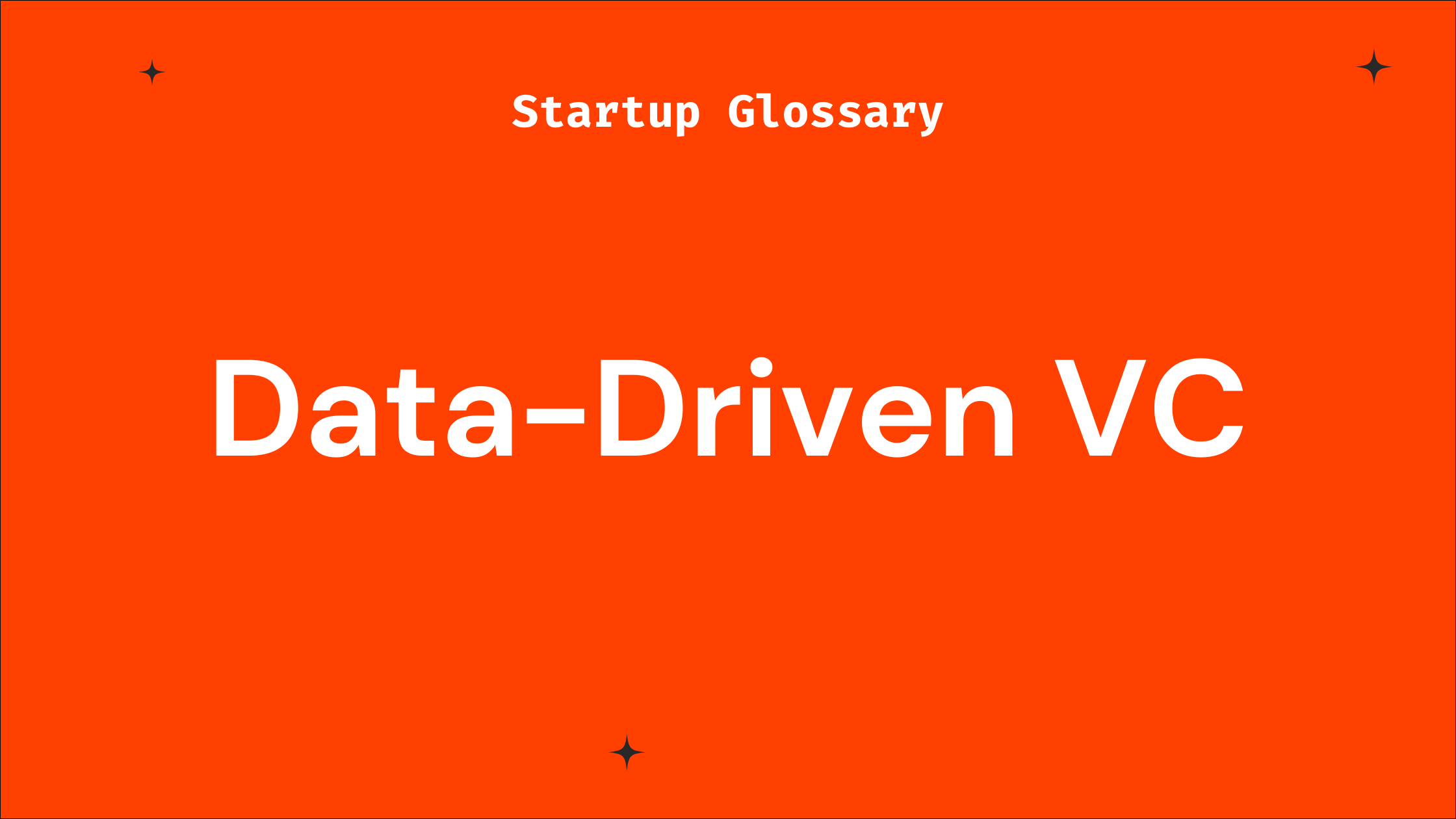
What is Agile Development?
Learn how Agile development helps startups accelerate product launches, adapt to feedback, and minimize risks with flexible, iterative processes.
If you’re new to the world of startups, you've probably heard the term "Agile Development" thrown around. But what does it actually mean? More importantly, how can it help your startup succeed? Agile development is a methodology that focuses on flexibility, iterative progress, and close collaboration between teams. For startup founders like you, it’s a game-changer because it helps you pivot quickly and reduce the risk of building the wrong product. And believe me, as a startup founder myself and co-founder of Horizon Labs, I’ve seen firsthand how Agile has transformed how we build and deliver products.
In this article, we’ll break down the key aspects of Agile development and how adopting it can be a major win for your startup.
What Is Agile Development?
A Framework for Flexibility
Agile development isn't a specific tool or software—it's a framework designed to help teams adapt quickly to changes. It’s especially useful for startups, where market demands and customer needs can shift overnight. The traditional "waterfall" approach to building products—where you plan everything out and then spend months building—just doesn’t cut it in today’s fast-paced world. With Agile, you work in shorter cycles, called "sprints," and deliver small, usable parts of your product at regular intervals.
The Agile Manifesto
Agile development is rooted in the principles laid out in the Agile Manifesto, which highlights:
- Individuals and interactions over processes and tools
- Working software over comprehensive documentation
- Customer collaboration over contract negotiation
- Responding to change over following a plan
Notice a theme here? Agile is all about delivering something valuable to your customers, fast, and then adjusting based on feedback.
Why Should Startups Care About Agile?
Speed to Market
One of the biggest advantages of Agile is speed. In startups, time is money. If it takes you a year to launch your product, someone else might beat you to it. By working in sprints, you can release a minimum viable product (MVP) much faster. This allows you to get real user feedback and tweak your product in response—rather than waiting months or even years, only to find out you built something no one wants.
Minimizing Risk
As a startup, your runway (i.e., the time you have before your money runs out) is one of your most critical resources. Agile helps you minimize risk by focusing on small, incremental changes. You aren’t committing a large chunk of your resources to an unproven idea. Instead, you’re constantly testing assumptions with your users, which helps you avoid costly mistakes.
Collaboration and Transparency
Agile fosters collaboration between all the members of your team—from the developers to the product managers to the sales folks. At Horizon Labs, we hold regular "stand-ups" where everyone shares what they’re working on and what roadblocks they’re facing. This keeps everyone in the loop and ensures no one is working in a silo. If something isn’t going right, you can catch it early and make adjustments.
How Does Agile Development Work?
The Sprint Cycle
Agile revolves around "sprints," which are short, focused work cycles—usually lasting two to four weeks. At the beginning of a sprint, the team decides on a set of tasks to accomplish by the end of it. These tasks are drawn from a prioritized list called a product backlog.
Here’s how a typical sprint might look:
- Planning: At the start of the sprint, the team discusses what features or tasks will be tackled.
- Development: The team works on those tasks throughout the sprint.
- Review: At the end of the sprint, the team reviews the work and checks if the goals were met.
- Retrospective: After the review, the team reflects on what went well and what didn’t, adjusting their approach for the next sprint.
Role of Product Owners and Scrum Masters
In Agile, a couple of key roles help keep things on track. The Product Owner is responsible for setting priorities and ensuring that the work being done aligns with the startup’s goals. Then you have the Scrum Master, who helps remove roadblocks and keeps the team focused on their tasks.
At Horizon Labs, we take on these roles for our clients. If you don’t have a product owner or Scrum master in-house, we can step in and ensure your project stays on track.
Common Agile Methodologies
Scrum
One of the most popular frameworks for implementing Agile is Scrum. It breaks down the work into manageable pieces and assigns them to the team. The key focus here is on delivering small, shippable increments of the product in each sprint.
Kanban
Another popular Agile methodology is Kanban, which is more flexible than Scrum. Instead of working in fixed sprints, Kanban focuses on a continuous flow of work. Tasks are added to a board, usually with columns like "To Do," "In Progress," and "Done." Kanban is great for startups with fluctuating workloads or teams that need more flexibility in how they manage tasks.
Agile Development for Startups—The Horizon Labs Approach
How Horizon Labs Uses Agile to Help Startups
As a startup founder myself, I know firsthand how important it is to get your product into users' hands quickly. That’s why at Horizon Labs, we’ve fully embraced Agile development. Whether we’re working on an MVP for a healthtech company or scaling an e-commerce platform, we use Agile to keep our projects moving forward efficiently.
We help startups:
- Launch faster: With Agile, we can get your MVP in front of users within weeks, not months.
- Adapt on the fly: If your customers provide feedback, we can pivot quickly without delaying the entire project.
- Save money: By delivering in small chunks, we reduce the risk of over-investing in features that don’t matter.
Common Misconceptions About Agile Development
Agile Means No Planning
One of the most common misconceptions I hear from founders is that Agile development doesn’t require any upfront planning. That’s simply not true. Agile may focus on adaptability and short-term goals, but it still requires a strong, overarching vision for your product. In fact, Agile teams typically do just enough planning to ensure they’re moving in the right direction, but not so much that they become inflexible. At Horizon Labs, we work closely with you to define your vision and long-term goals while remaining flexible enough to pivot as necessary.
Agile Is Faster, But Lower Quality
Some people think that Agile development sacrifices quality for speed. This misconception comes from the fact that Agile focuses on delivering small, working increments of a product quickly. However, just because you’re delivering fast doesn’t mean you’re cutting corners. In fact, Agile encourages teams to continuously improve their product through testing and user feedback. By regularly refining and polishing your product, Agile can actually lead to higher-quality software in the long run.
At Horizon Labs, we pride ourselves on delivering both speed and quality. We’ve been able to build MVPs and custom solutions quickly, without compromising on the features that matter most to your users.
How to Implement Agile in Your Startup
Start Small with an MVP
If you’re new to Agile, the best way to start is by building an MVP (minimum viable product). This is a stripped-down version of your product that includes only the most essential features. The goal is to test your idea with real users before investing too much time and money into development.
By working in Agile sprints, you can quickly release your MVP, gather feedback, and iterate on the product. This helps ensure you’re solving the right problem and building something users will actually pay for.
Build Cross-Functional Teams
Agile thrives on collaboration. To implement Agile effectively, you need to build cross-functional teams where developers, product managers, designers, and even marketers work closely together. Everyone should have a voice, and transparency is key.
At Horizon Labs, we believe in bringing all stakeholders to the table. Whether it’s brainstorming product features or identifying bottlenecks, we make sure the right people are involved so we can move faster and more efficiently.
Use the Right Tools
While Agile is more about process than tools, using the right project management tools can make your life a lot easier. Tools like Jira, Trello, and Asana are popular choices for managing sprints, tracking progress, and keeping everyone aligned. These tools help visualize the workflow, allowing teams to see exactly what’s being worked on and what’s next.
We often use these tools at Horizon Labs to ensure transparency and accountability. Our clients can always see what’s happening in real-time, which fosters trust and keeps communication lines open.
The Benefits of Working with Horizon Labs for Agile Development
Expertise in Agile for Startups
With over 15 years of experience and a team of seasoned engineers, Horizon Labs specializes in Agile development for startups. Whether you’re a non-technical founder or someone with technical chops, we’ll tailor our approach to fit your needs. Our teams have experience across industries—healthtech, e-commerce, AI, and more—so we understand the unique challenges different verticals face.
Global Talent, Local Support
At Horizon Labs, we combine the best of both worlds—our team in California is available for face-to-face strategy sessions, while our development team in Turkey ensures around-the-clock productivity. This setup allows us to provide top-quality engineering talent at a fraction of the cost of a full-time, in-house team.
Agile Processes That Deliver
We don’t just follow Agile for the sake of it—we use it to deliver real, tangible results. With every project, we focus on:
- Iterative development that allows you to pivot quickly based on user feedback.
- Transparent communication through daily stand-ups and regular sprint reviews.
- High-quality code that’s been tested and vetted at every stage of the process.
Why Horizon Labs Is Your Agile Development Partner
For startups looking to adopt Agile development, Horizon Labs is more than just a dev shop—we’re a strategic partner. We’ve helped numerous startups build their MVPs, scale their products, and bring their ideas to life, all while staying within budget and timeline constraints. Our combination of Agile methodology, experienced engineers, and deep industry knowledge makes us the perfect partner for founders who want to build products that can scale.
If you’re ready to take your startup to the next level with Agile development, contact us at info@horizon-labs.co or schedule a call at horizon-labs.co/contact. Let’s build something amazing together!
Frequently Asked Questions (FAQs) about Agile Development:
Q: What’s the difference between Agile and traditional development methods?
A: Traditional development methods like Waterfall rely on a linear process where each phase—planning, design, development, and testing—is completed before moving on to the next. Agile, on the other hand, breaks down development into smaller, iterative cycles (sprints) where teams work on developing, testing, and refining small portions of the product simultaneously. Agile is more adaptable to change and allows for quicker pivots based on user feedback, making it ideal for startups.
Q: Can Agile development be used for non-software projects?
A: Yes, Agile principles can be applied to non-software projects as well. While Agile originated in the software industry, its focus on adaptability, customer collaboration, and incremental progress can benefit any project that requires continuous improvement and flexibility. Many industries, such as marketing, design, and even HR, now use Agile frameworks like Scrum and Kanban to manage tasks and workflows.
Q: How does Agile impact budgeting for startups?
A: Agile allows for more flexible budgeting because you’re not locked into a long-term project with fixed costs. Instead of committing all your resources upfront, Agile lets you allocate your budget incrementally based on the progress and priorities of each sprint. This means you can better control costs by focusing only on features that add value to your users. Startups with limited resources benefit from Agile’s approach, as it minimizes the risk of overspending on unnecessary features.
Q: Do we need a full-time Agile coach or Scrum Master to implement Agile in our startup?
A: Not necessarily. While having a dedicated Scrum Master or Agile coach can help streamline the process, many small startups can implement Agile without hiring a full-time specialist. You can adopt Agile principles and run sprints with the existing team by setting up regular check-ins, sprint planning sessions, and retrospectives. If needed, some agencies (like Horizon Labs) offer Agile coaching and guidance to help your team get started without the long-term commitment of hiring new staff.
Q: Is Agile suitable for startups with small teams?
A: Agile is actually a great fit for startups with small teams. Agile focuses on collaboration, transparency, and adaptability, which are easier to achieve in smaller groups. With fewer people involved, communication flows more freely, making it easier to adjust course quickly. Smaller teams can move faster and work more effectively in Agile sprints, especially when working on early-stage projects like an MVP.
Q: How does Agile handle unexpected changes or new feature requests?
A: One of Agile’s biggest advantages is its flexibility. Unlike traditional development methods, where changes late in the process can cause delays, Agile welcomes change—even late in the development cycle. If new feature requests or market shifts arise, they can be prioritized and added to the next sprint without disrupting the entire project. This iterative approach allows you to continuously improve your product based on real-time feedback.
Q: What metrics should we track to ensure Agile is working for our startup?
A: Common Agile metrics include velocity (the amount of work your team completes in a sprint), cycle time (how long it takes to complete a task from start to finish), and burndown charts (which show how much work remains in a sprint). You should also track customer feedback and user engagement, as Agile emphasizes continuous delivery and improvement based on real-world data. These metrics help ensure that your team is delivering value quickly and staying on track.
Q: How can we avoid Agile burnout in our team?
A: Agile is fast-paced, and it’s important to strike a balance to avoid burnout. One way to prevent this is by keeping sprints realistic—don’t overcommit to more work than your team can handle in a sprint. Regular retrospectives are also a great way to check in with the team and address any issues that may be contributing to stress. Additionally, make sure your team takes breaks between sprints to reset and recharge.
Q: How long should a typical Agile sprint last?
A: Most Agile sprints last between two to four weeks. The ideal length depends on the complexity of your project and the speed at which your team can deliver working features. Shorter sprints (around two weeks) are common in fast-paced startups because they allow for quick feedback loops, while longer sprints may be useful for teams tackling more complex tasks. The key is to find a sprint length that provides enough time to deliver valuable increments without delaying feedback.
Q: Can Agile work in a remote or distributed team setup?
A: Yes, Agile can absolutely work for remote or distributed teams. In fact, many companies that use Agile methodologies, including startups, operate with remote teams. Tools like Slack, Zoom, Jira, and Asana enable teams to collaborate effectively, no matter where they are located. Regular virtual stand-ups, sprint planning sessions, and retrospectives help maintain communication and alignment. At Horizon Labs, we’ve successfully implemented Agile with our teams in California and Turkey, proving that geography doesn’t need to be a barrier.
Q: What is the difference between Agile and DevOps?
A: While Agile and DevOps share similar goals, such as improving product delivery and customer satisfaction, they focus on different aspects of the development process. Agile is a project management methodology that emphasizes iterative development, while DevOps is a set of practices focused on automating and integrating software development and operations. DevOps complements Agile by ensuring that the software built in Agile sprints can be quickly and efficiently deployed, tested, and maintained.
Q: How does Agile handle customer feedback during development?
A: Agile thrives on customer feedback, which is typically gathered at the end of each sprint during the review phase. Startups can test their products with users early on and frequently, ensuring they’re building something customers actually want. Based on this feedback, the team can prioritize the product backlog and make necessary changes in upcoming sprints. This iterative feedback loop is one of Agile’s greatest strengths, allowing startups to remain customer-centric and adapt to changing needs.
Q: Is Agile suitable for long-term projects?
A: Agile can be just as effective for long-term projects as it is for short-term ones. The beauty of Agile is that it breaks down large, complex projects into manageable chunks, ensuring continuous progress. For long-term projects, Agile helps teams stay adaptable and responsive to changes in technology or customer needs, which are inevitable over time. By focusing on delivering value in increments, long-term projects can maintain momentum and adjust course when necessary.
Q: What happens if a sprint fails to meet its goals?
A: In Agile, a sprint that doesn’t meet its goals is considered an opportunity for learning, not a failure. During the retrospective at the end of each sprint, the team will discuss what went wrong and how they can improve for the next sprint. This might involve adjusting the scope of future sprints, refining team communication, or addressing technical challenges. Agile encourages continuous improvement, so “failed” sprints are a natural part of the process and can lead to better results in the future.
Q: Do Agile teams need constant meetings?
A: Agile teams do hold regular meetings, but these are meant to be short and focused. The most common Agile meeting is the daily stand-up, which lasts about 15 minutes and allows team members to update each other on progress and roadblocks. Other meetings, such as sprint planning, sprint reviews, and retrospectives, are usually held at the beginning or end of a sprint. The idea is to keep meetings productive and avoid overloading the team with unnecessary check-ins.
Q: Can Agile be combined with other methodologies?
A: Yes, Agile can be combined with other project management methodologies. For example, some startups use a hybrid approach that blends Agile and Waterfall, using Waterfall for the high-level planning and Agile for the day-to-day execution. Another common combination is Agile and DevOps, where Agile focuses on development and DevOps ensures smooth deployment and maintenance. The key is to adapt your processes to what works best for your team and project.
Need Developers?
We help companies build ideas into apps their customers will love (without the engineering headaches).
















For Startups & Founders
We've been founders ourselves and know how valuable the right communities, tools, and network can be, especially when bootstrapped. Here are a few that we recommend.

Mistakes to Avoid When Building Your First Product
Learn the key mistakes founders make when building their first product—and how to avoid them for a faster, smoother launch.
Read more
The Rise of AI in Product Development: What Startups Need to Know
Learn how AI is transforming product development for startups. From MVPs to scaling, here’s what founders need to know in today’s AI-driven world.
Read more
No-Code vs. Custom Development: Which is Right for Your Startup?
Weighing no-code vs. custom development? Learn which is right for your startup depending on stage, budget, and product complexity.
Read more
What is Mixpanel?
Learn how Mixpanel helps startups track user behavior to improve products and accelerate growth with clear data-driven insights.
Read more
How Tawk.to Can Boost Your Startup’s Customer Support Game
Learn how Tawk.to can benefit startups by enhancing customer support and engagement. Perfect for early-stage founders!
Read more
Grow Your Startup With Anthropic's AI-Powered Tools
Discover how Anthropic's cutting-edge AI tools can accelerate your startup's success. Learn about their benefits and see why they can be trusted by startups.
Read more
What is Data-Driven VC?
Learn what a data-driven VC means and how such investors can benefit your startup’s growth and fundraising journey.
Read more
What is Blockchain?
A beginner-friendly guide on blockchain for startup founders, covering key concepts, benefits, challenges, and how to leverage it effectively.
Read more
What is Cybersecurity?
Learn cybersecurity basics tailored for startup founders. Understand key risks, best practices, and how to protect your startup from tech threats.
Read more
What is Seedcamp?
Learn what Seedcamp is, how its European seed fund and accelerator program work, and how founders can use its capital, mentorship, and network to scale their st
Read more
What is AngelList?
AngelList is a prime platform connecting startup founders to investors, talent, and resources to accelerate early-stage growth.
Read more
What is 500 Startups?
Learn what 500 Startups (now 500 Global) is, how its accelerator and seed fund work, and when founders should consider it—plus tips for early-stage startups.
Read more.png)